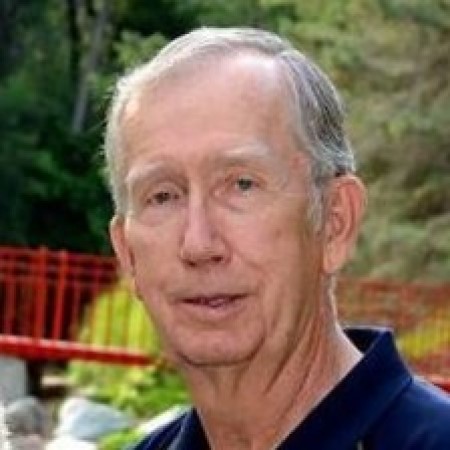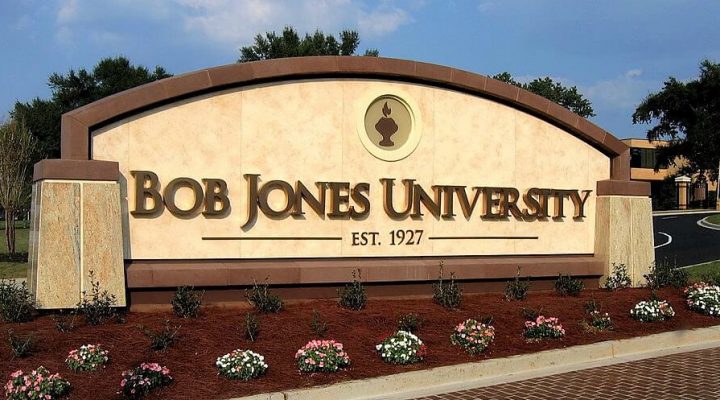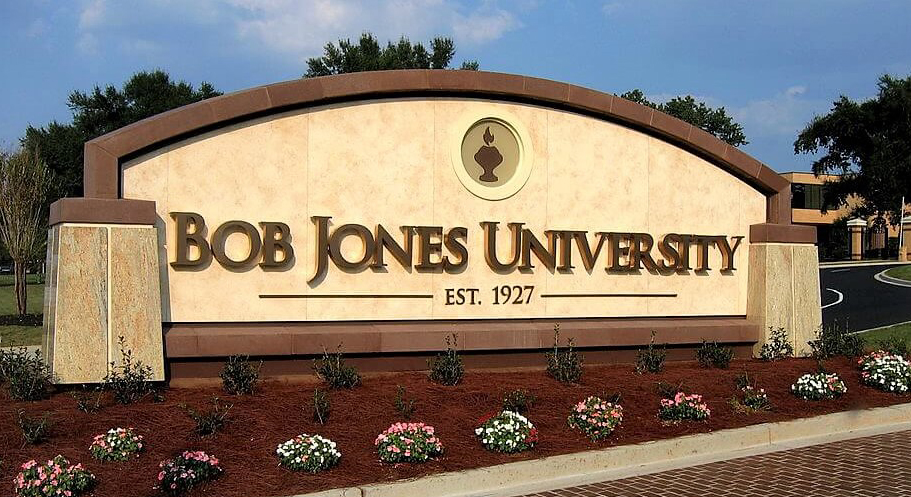In a move likely unprecedented in modern American higher education, academic leadership of Bob Jones University demanded the resignation of the school’s trustee chair April 3, leading to his sudden resignation three days later.
The independent, fundamentalist university has been in leadership turmoil for the past week after President Steve Pettit followed through on a threat to resign if the board didn’t remove John Lewis as trustee chairman. Instead, Lewis orchestrated a consolidation of his power on the board, removing members who opposed him and installing new members who supported him.
In response, Pettit resigned March 30.

John Lewis
That prompted 17 faculty and administrative leaders to write to the full board, declaring the university in “real and imminent jeopardy” and demanding the resignation of both Chairman Lewis and Vice Chairman Hantz Bernard.
“We are appealing to you, the recognized fiduciary stewards of the mission of BJU, that you exercise special care for the institution during this extreme crisis,” the faculty letter began. “The BJU leadership appeals to you with a plan of action that we believe will minimize damage to the people we, and you, love and may potentially save the ministry. We appeal to you as a Board to put the interests of the institution and its mission above any individuals and personal interests.”
“The probable outcome about which the executive team cautioned you is unfolding before our eyes, and the institution is in real and imminent jeopardy.”
The staff leadership added: “The probable outcome about which the executive team cautioned you is unfolding before our eyes, and the institution is in real and imminent jeopardy. We are in full agreement with your statement that the philosophical and theological direction and commitment to the mission are not in question; however, our board has lost credibility with the majority of our constituents, students and employees.”
What was likely coming next, the letter warned, was “an institution-wide vote of no confidence in the entire board.”
Because of the crisis precipitated by the board’s recent actions, BJU trustees need to seek immediate help from the Southern Association of Colleges and Schools, the university’s primary accrediting agency, the letter said.
Signers of the letter included the executive administration team, deans and leaders of the Faculty Advisory Committee.
The faculty and staff demands initially drew a sharp retort from the six-member trustee Executive Committee — a group handpicked and led by Chairman Lewis. One of the actions taken at the spring meeting was to consolidate power within that small group.
Members of the Executive Committee signing the reply letter were Lewis, Bernard, Sam Dawson, Mike Harding, Paul Matthews and Jerry Morgan. They insisted Chairman Lewis had not acted alone but had represented the desires of the Executive Committee and the board in all things.
The trustees’ letter began by noting the exceptional circumstances in which the governing board would communicate directly those outside the board. However, because “these trusts have been violated and nearly obliterated,” the letter said, “we must take the unprecedented step of communicating with you.”
The letter then reminded faculty and administration of the Executive Committee’s authority to govern the university between full board meetings. “BJU’s board was created to be an active board with clearly defined responsibilities and duties. It is not a ceremonial board,” the Executive Committee said.
The trustee leaders said Pettit’s March 21 letter to the board threatening to resign if Lewis were not removed as chairman “was improperly distributed to the public.”
“For the university community to see only one side of these discussions, rather than the whole, has only brought chaos and distrust,” the Executive Committee letter said. Everything was fine, they insisted, until “unlawful and biased releases of confidential board information” became the norm.
Trustee leadership complained: “In the past year, outsiders inserted themselves in the boardroom, encouraging and magnifying unlawful breaches of confidentiality and selectively posting information. This has damaged the board majority and the school.”
“The idea that the chair has singlehandedly attempted to work against Dr. Pettit is a gross mischaracterization of the board’s actions.”
The letter continued: “The idea that the chair has singlehandedly attempted to work against Dr. Pettit is a gross mischaracterization of the board’s actions. Since Dr. Lewis is the chair, he is the one who speaks on behalf of the board, but he does not and has not acted alone.”
The board did not want Pettit to resign, the trustee leaders insisted. “When he offered his resignation, we offered him alternatives which he declined. Dr. John Lewis is not the villain that he has been made out to be by his accusers, and those who would impugn his character and his leadership simply do not have the whole story.”
On the same day as the Executive Committee’s response was sent to faculty and administration leadership — Thurdsay, April 6 — Pettit issued a brief statement confirming what an alumni group already had reported: Late in the afternoon, Lewis resigned from the board effective immediately.
There was no indication as to whether Vice Chairman Bernard also had resigned or not.
Faculty and administration signers of the April 3 letter to trustees were Gary M. Weier, provost and executive vice president for academic affairs; Steve Dickinson, vice president for business and finance; Alan Benson, executive vice president for student development and ministry advancement; Andrew Cropsey, chair of the Faculty Advisory Committee; Melissa Gardenghi, vice chair of the Faculty Advisory Committee; Neal D. Cushman, dean of BJU Seminary; Renae M. Wentworth, dean of the College of Arts and Science; Richard A. Stratton, dean of the School of Business; Brian A. Carruthers, dean of the School of Education and Human Services; Darren P. Lawson, dean of the School of Fine Arts and Communication; Kevin Oberlin, dean of the School of Religion; Jessica . L. Minor, dean of the School of Health Professions; Bobby Wood, vice president for enrollment and marketing; David A. Fisher, vice provost for academic administration; H. Douglas Garland, director of the Office of Planning, Research and Assessment; Philip R. Gerard, senior director of the Office of Planning, Research and Assessment; and Beverly S. Cormican, vice provost for strategic initiatives.
Related articles:
Bob Jones University president resigns in battle with board chairman
Old wounds and power hierarchies are in fashion at Bob Jones University | Analysis by Rick Pidcock


